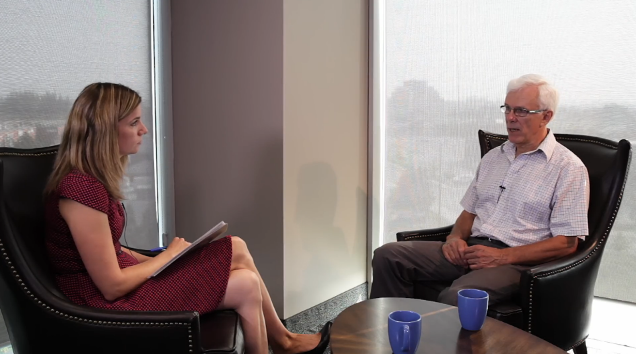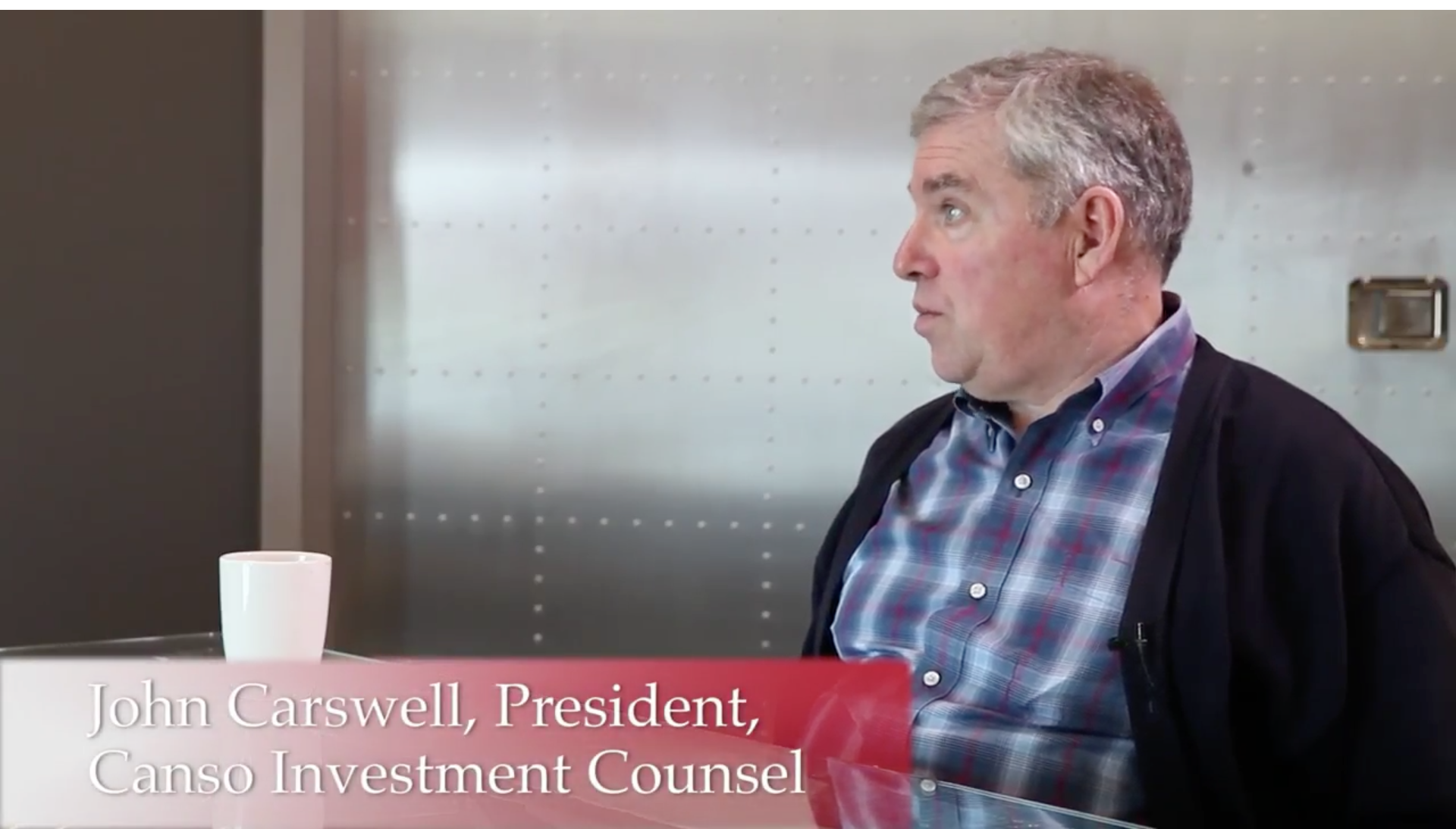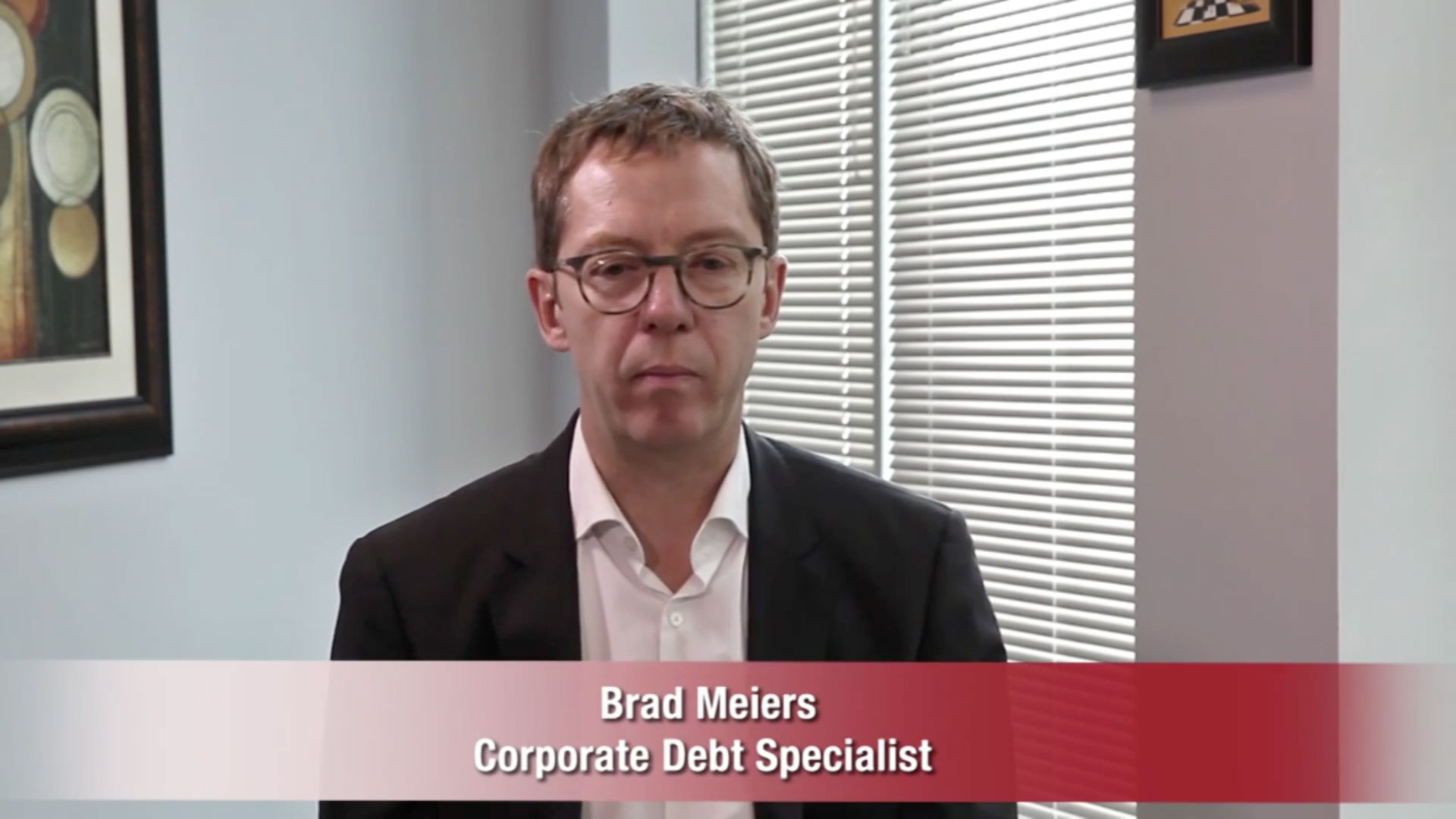Interest is a mechanism where you either get paid for parking your money in the bank – or what you pay for debt.
Interest rates cut both ways – they can help you build up your savings. They can also drive you into the poor house if you let debt get out of control.
For example, you might have a savings account at 2 per cent.
That means after a year, your original ten dollar deposit grows to…ten dollars and twenty cents.
The next year, it will grow to 10 dollars and 42 cents – that’s called compounding.
Likewise, when it comes to interest gained from debt it’s more added to what you accumulatively owe.
I’m Malcolm Morrison and this was Definitions, with Malcolm Morrison.






